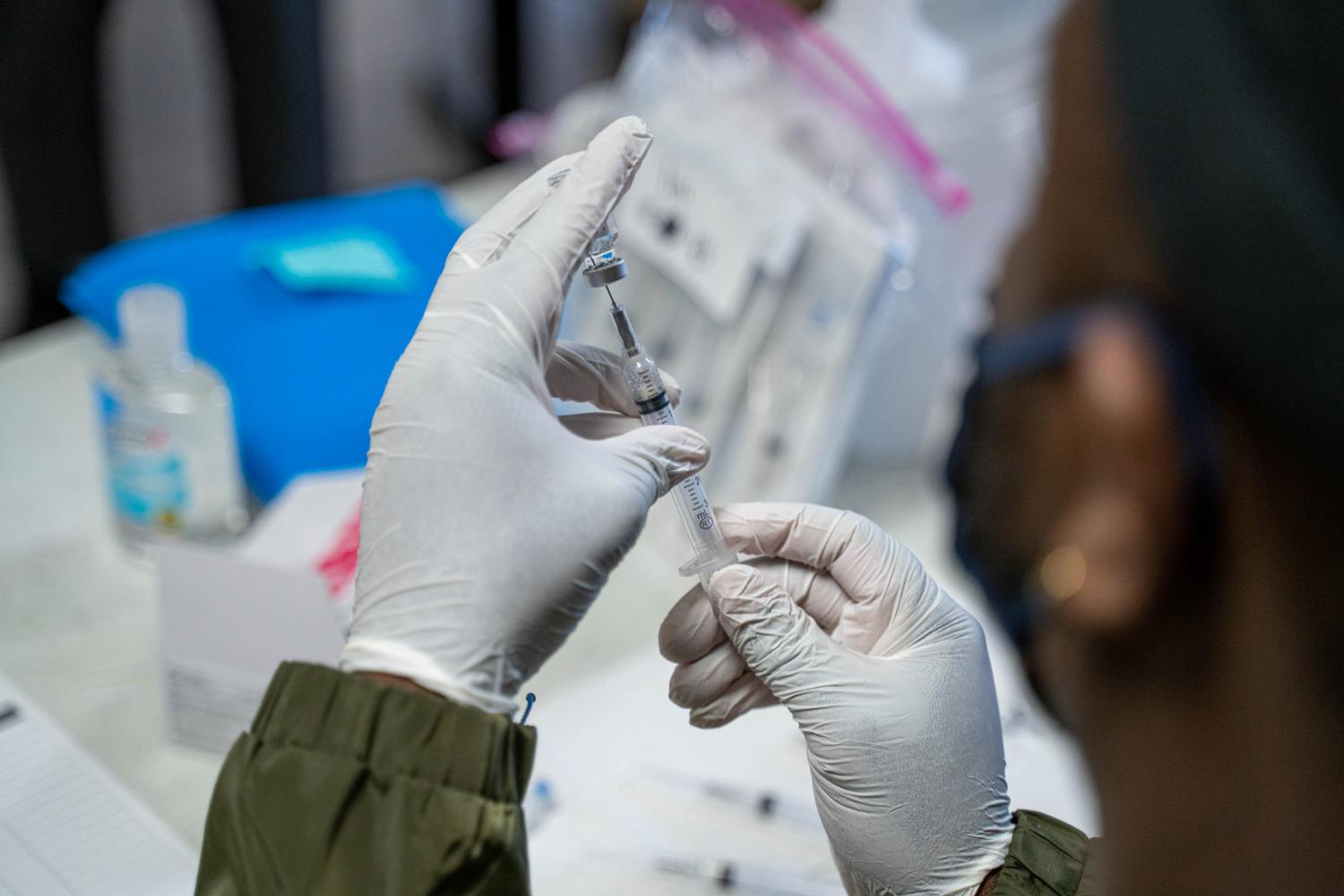People who had a severe allergic reaction to their first dose of mRNA COVID-19 vaccine had no issues after their second dose, according to a retrospective multicenter US study today in JAMA Internal Medicine.
Allergic reactions are estimated to occur in up to 2% of people after their first mRNA COVID-19 vaccine dose, with anaphylaxis reported in as many as 2.5 per 10,000 vaccinees. Anaphylaxis is a severe and potentially deadly systemic allergic reaction.
From Jan 1 to Mar 31, a team led by researchers at Massachusetts General Hospital (MGH) analyzed data from 189 people who had sought care for allergic reactions within 4 hours after their first dose of the Pfizer/BioNTech or Moderna mRNA COVID-19.
20% have mild reactions to second dose
The most common first-dose allergic reactions were flushing or redness (28%), dizziness (26%), tingling (24%), throat tightness (22%), hives (21%), and shortness of breath or wheezing (21%). Thirty-two patients (17%) experienced anaphylaxis. Of the patients with first-dose reactions, 130 (69%) were to the Moderna vaccine, and 59 (31%) were to Pfizer.
Of the 189 total patients, 159 (84%) received a second dose of mRNA vaccine, 30% of whom were given antihistamines before their shot. All 159 patients, including 19 who had experienced anaphylaxis after the first dose, tolerated the second dose without severe complications. Immediate, potentially allergic reactions that occurred in 32 (20%) of patients resolved on their own or with antihistamine treatment. Median patient age was 43 years, and 86% were women.
The authors said that the results demonstrate that a second dose of the Pfizer or Moderna COVID-19 vaccine is safe for those who had an allergic reaction to the first dose. "Although mild symptoms were reported in 20% of patients with second dose administration, all patients who received a second dose safely completed their vaccination series and could use mRNA COVID-19 vaccines in the future when indicated," they wrote.
May not be classic allergic reactions
Earlier this year, the Centers for Disease Control and Prevention announced that people who had an allergic reaction to a first dose of an mRNA vaccine should not get a second, recommending that they instead could follow up with the Johnson & Johnson single-dose COVID-19 vaccine. However, the study authors said their results suggest this "largely unstudied" strategy might not be needed.
In fact, the researchers pointed out that the immediate second-dose mRNA vaccine reactions might not be classic allergic reactions at all because re-exposure to the same substance in classic allergy situations causes the same or worse symptoms.
"Second dose tolerance following reactions to the first dose argues that either many of these initial reactions are not all truly allergic reactions, or supports an allergic, but non–immunoglobulin E–mediated mechanism in which symptoms can typically be abated with premedications," the researchers wrote.
Co-senior author Aleena Banerji, MD, of MGH said in a hospital news release that it is important for people with a first-dose allergic reaction to complete the vaccine series, if possible. "After first dose reactions, allergy specialists may be useful to help guide risk/benefit assessments and assist with completion of safe vaccination," she said.


















